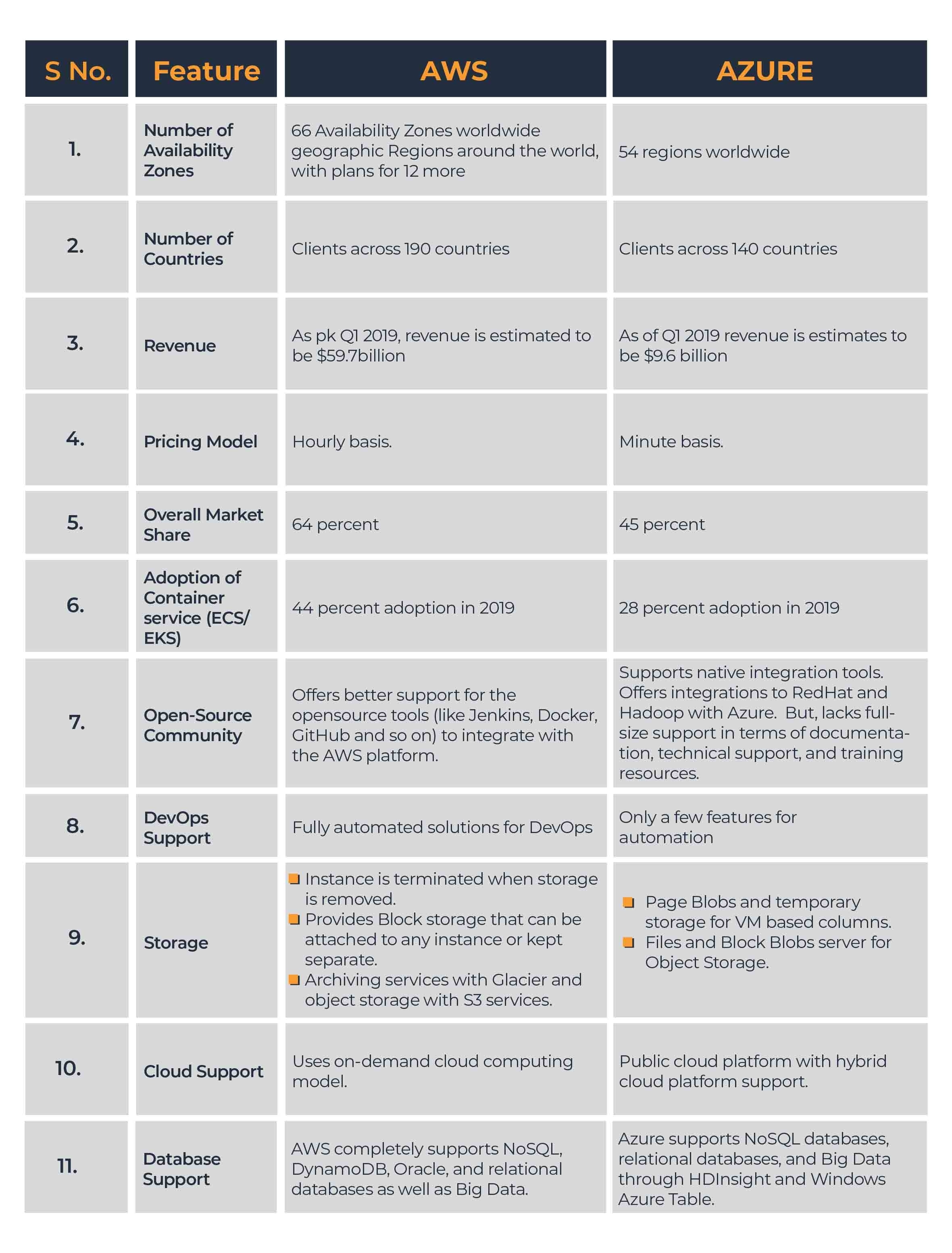Amazon Web Services
Get a follow up to learn how Amazon Web Services can transform your company
What is Amazon Web Services (AWS)?
Amazon Web Services (AWS) is the world’s most comprehensive and broadly adopted cloud platform.
AWS is a wide-ranging and evolving cloud computing platform. Cloud computing provides on-demand delivery of computer power, database services, storage, applications, and various other IT resources. It provides a mix of Infrastructure as a Service (IaaS), Platform as a Service (PaaS) and packaged Software as a Service (SaaS) offerings.
What is AWS Cloud Adoption Framework?
As defined by Amazon, Amazon Web Services Cloud Adoption Framework (AWS-CAF) is a secure cloud services platform, offering computing power, database storage, content delivery, and other functionality to help businesses grow.
Key components of the AWS Cloud Framework:
AWS Management Console: Easy-to-use UI portal to access AWS services.
AWS Command Line Interface: Enables users to regulate AWS services right from the command line prompt. The interface can also write its own scripts to automate processes.
AWS CAF Professional Services: AWS CAF professional services are categorized into business and technical capabilities, which include:
Business Capabilities: Include perspectives on business, people, and governance.
Technical Capabilities: Include perspectives on platform, security, and operations.
What Businesses Can Expect:
- Intelligent resource optimization and management
- Enhanced architecture flexibility
- Smart and improved computational speeds
- No latency
- Easy management
- Server consolidation
- Rapid provisioning
- Storage management
- Data control
- Tightly integrated purpose-built application infrastructure
- Component-based infrastructure
- Application provisioning with server virtualization
- Easy integration with other cloud providers
AWS vs Azure

What AWS Can Do for Your Business
- Bridges and streamlines dynamically varying work streams
- Combines cross-functional development teams, operations and IT infrastructure
- Customizes the user experience
- Drives smart customer satisfaction with personalized services powered by Artificial Intelligence and Machine Learning
- Accelerates business decisions with real-time analytics
- Provides a birds-eye view on relationships between different stakeholders
Solutions
- Data & Analytics
- DevOps
- Internet of Things (IoT)
- Infrastructure Software
- Machine Learning
- Migration
- Security & Compliance
- Alexa Voice Services
Products
- Analytics
- Artificial Reality & Virtual Reality
- Application Integration
- AWS Cost Management
- Blockchain
- Business Applications
- Computing
- Customer Engagement
- Databases
- Developer Tools
- End User Computing
- Game Tech
- Internet of Things
- Machine Learning
- Media Services
- Migration & Transfer
- Mobile
- Networking & Content Delivery
- Management & Governance
- Robotics
- Satellite
- Security, Identity & Compliance
- Storage
Amazon Web Services FAQs
Yes. Experts believe managing your business operations and storing data on the cloud adds an extra layer of security. This is because instead of storing data on physical servers and hardware in one location, often storing on the cloud means your data is split up into off-site data centers. With options for private cloud solutions, businesses can have complete control over who can access what data. AWS offers many storage and security solutions.
There are 8 major storage solutions with AWS, all of them meeting different requirements for businesses’ specific needs. These range from the most popular: Amazon Simple Storage (Amazon S3) to more dynamic options such as Amazon Elastic File System (Amazon EFS), and Amazon Glacier.
Amazon Lambda is a service provided by AWS that users can use to develop automatic triggers for any AWS action. AWS lambda is a serverless compute platform that automates specific actions managed by users. For example, resizing photos when uploaded to storage, or moving certain data to different AWS services for further action. A noted feature of Lambda is that you only pay for the feature when it’s being used – only when the specific triggers are in action.
Amazon DynamoDB is a NoSQL database service that’s fast and scalable. DynamoDb has an industry level service agreement and can handle 1 trillion requests a day and more than 1800 AWS customers use it. DynamoDB can be used to create database tables to store and retrieve data and can handle any amount of request traffic because requests are spread out among different servers for consistently fast performance.

